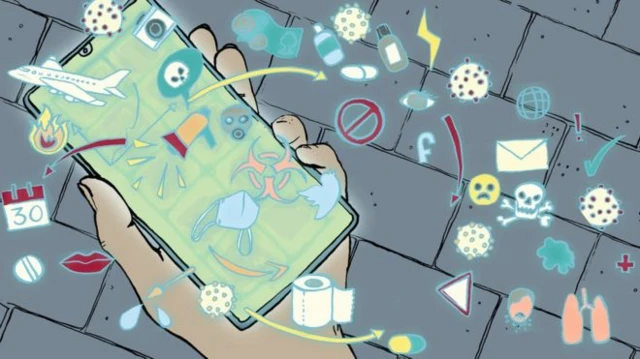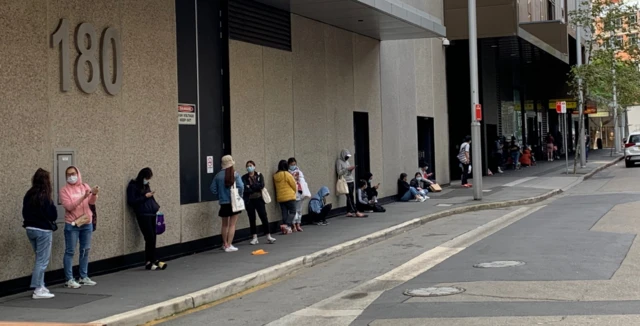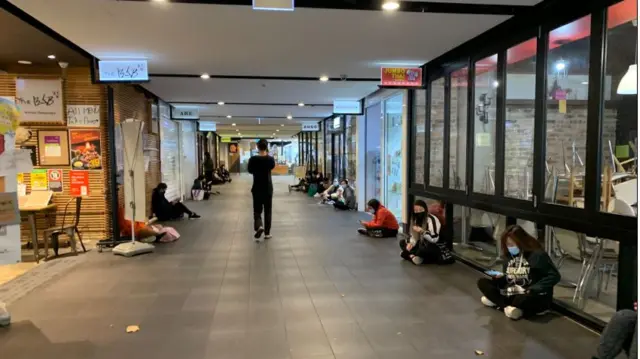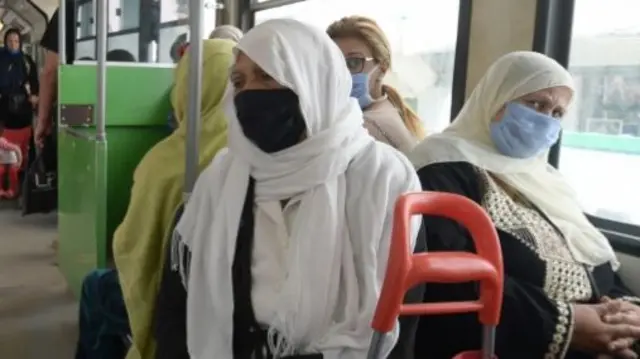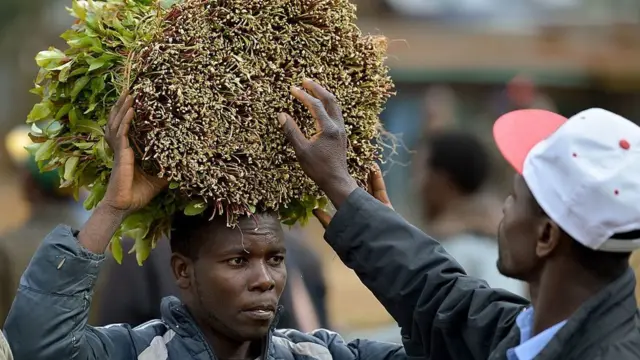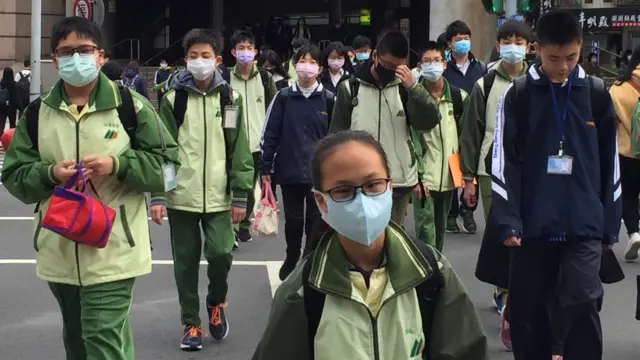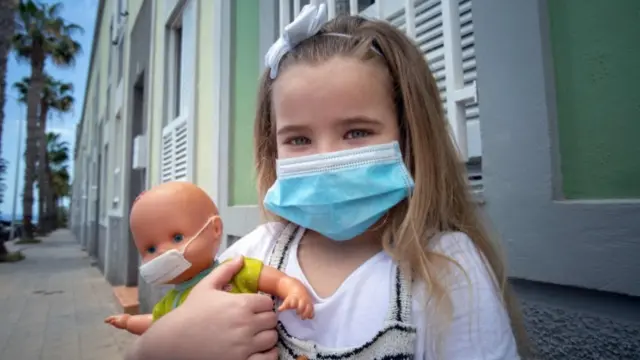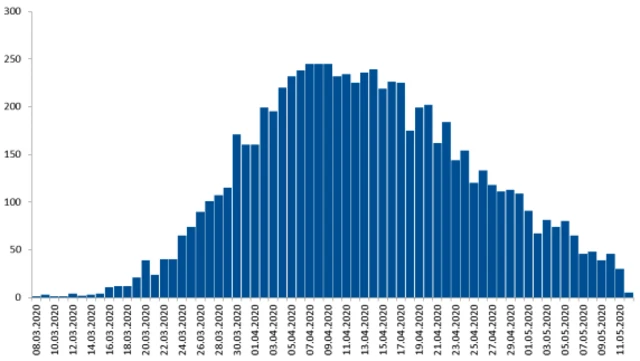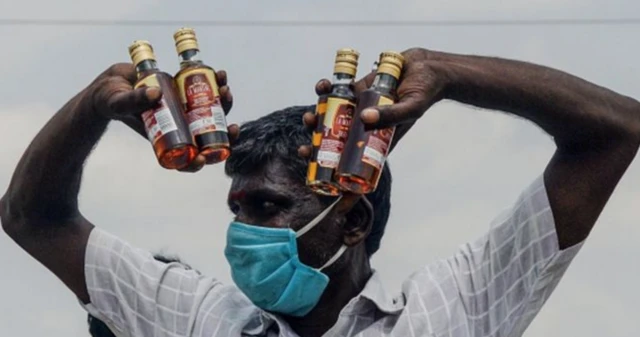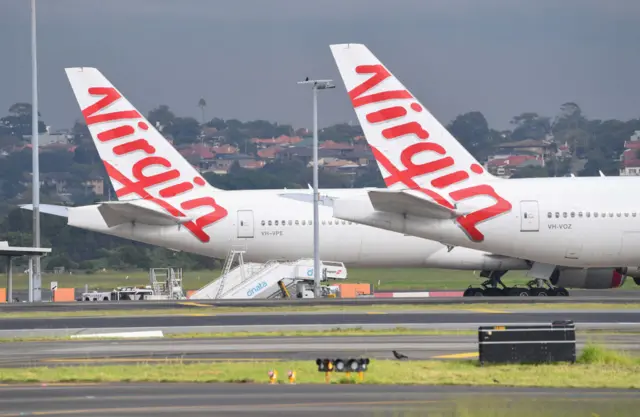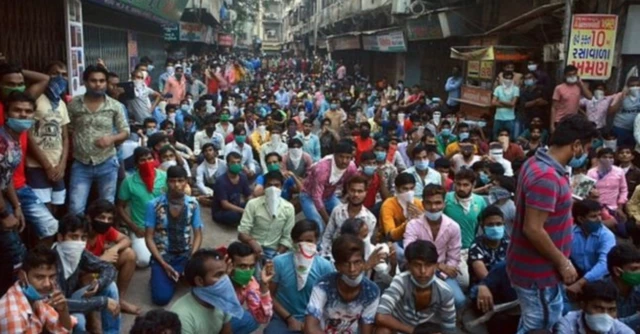Anonymity leads to increase in Korean testingpublished at 07:32 BST 14 May 2020
 Laura Bicker
Laura Bicker
BBC News, Seoul
Health officials in South Korea say there has been a huge increase in the number of people coming forward to be tested for coronavirus in relation to a cluster outbreak at nightclubs in Seoul.
More than 35,000 people have been traced and tested nationwide in connection with the cases in the city’s party district of Itaewon.
The virus swab tests are now anonymous, which may have encouraged more people - especially from the LGBT community - to come forward without fear of discrimination.
The prime minister has also promised that even if someone tests positive, their details will be deleted from the system.
The cluster emerged after South Korea - which never went into lockdown - eased its virus restrictions.
All bars and clubs were supposed to take names and contact numbers at the door as part of the country’s Covid-19 guidelines, but officials discovered that many of the details were false.
This has meant the country enlisting more than 8,000 officers to track and trace potentially infected people
The South Korean government is now considering the introduction of QR scan codes to help verify contact details at the entrances of entertainment facilities. The codes have already been trialled in Gangwon province.
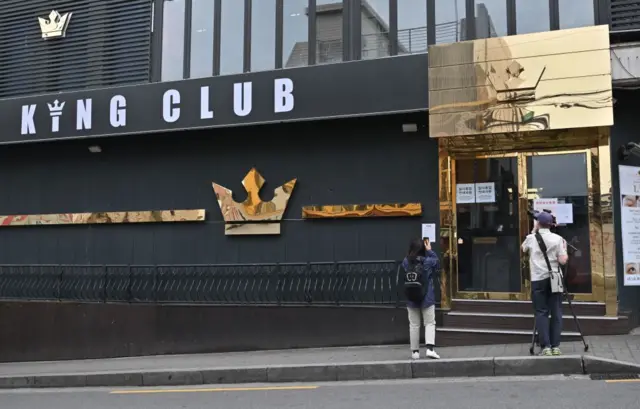 Image source, Getty Images
Image source, Getty ImagesOne of the clubs that was closed after the cluster emerged
